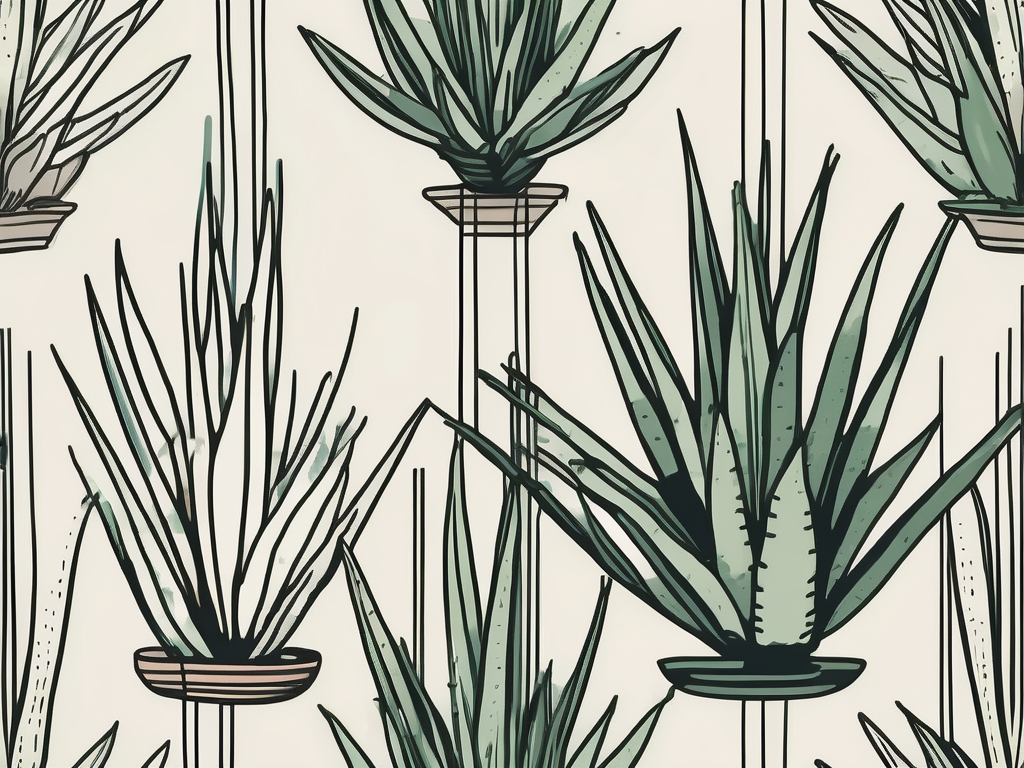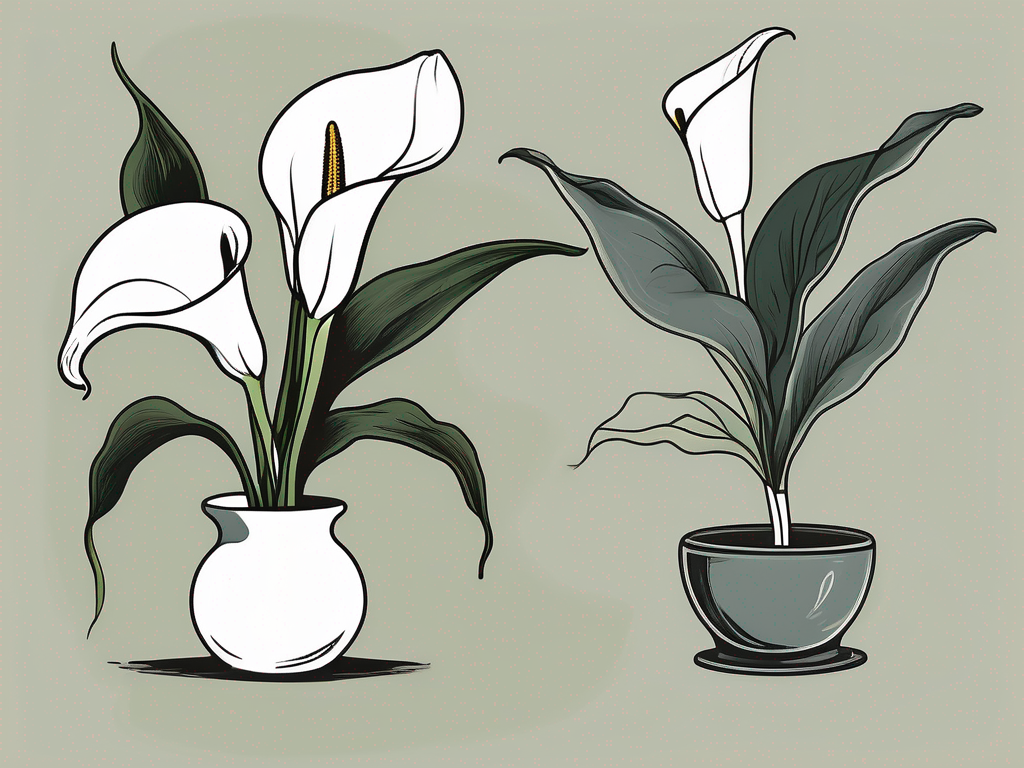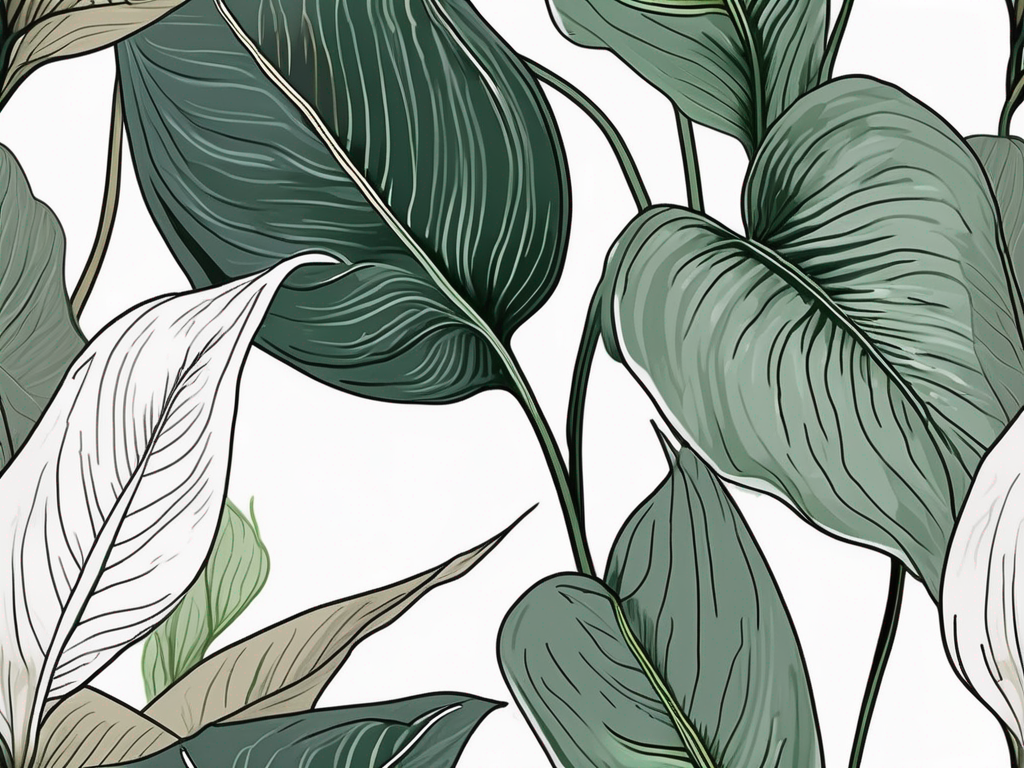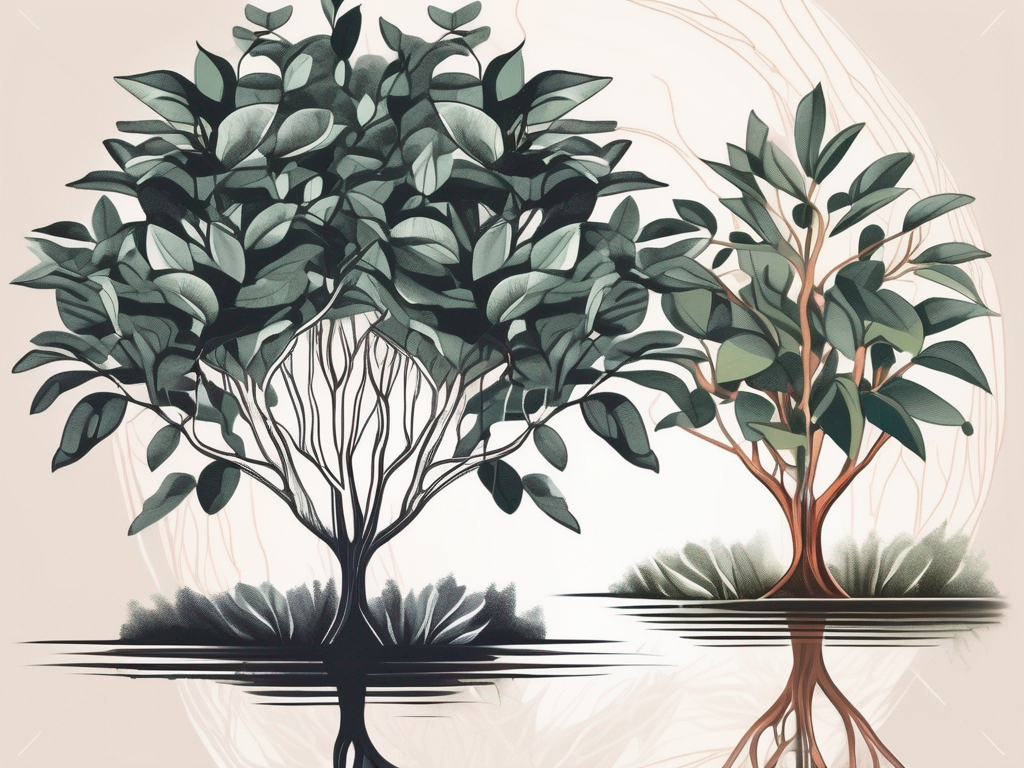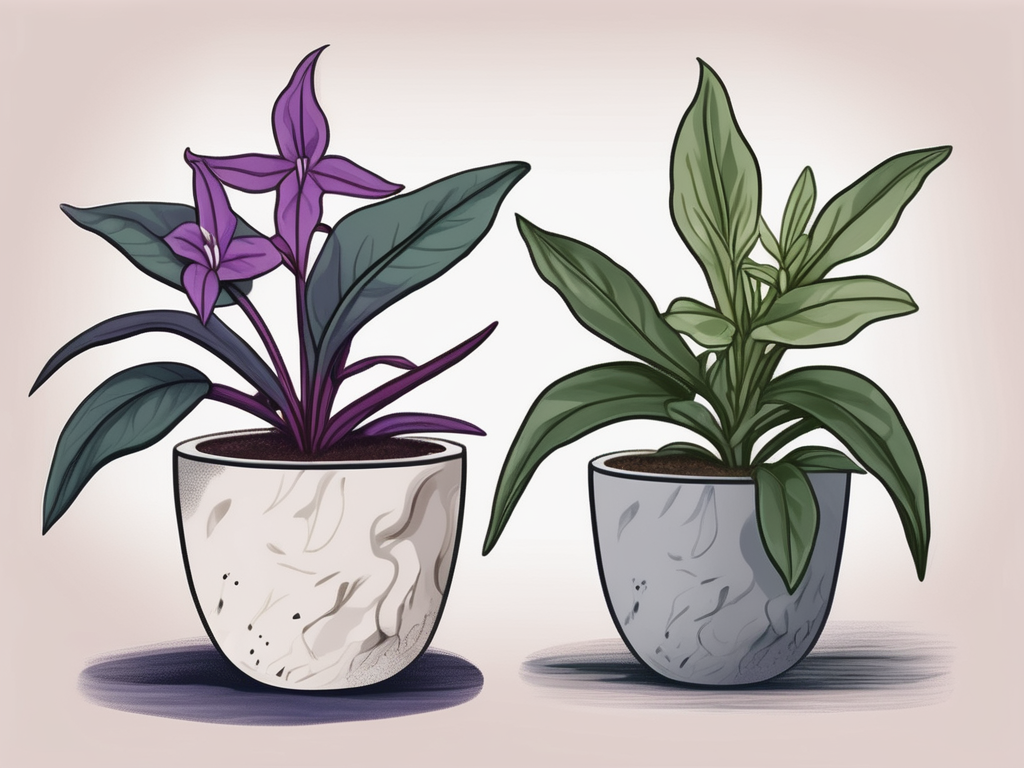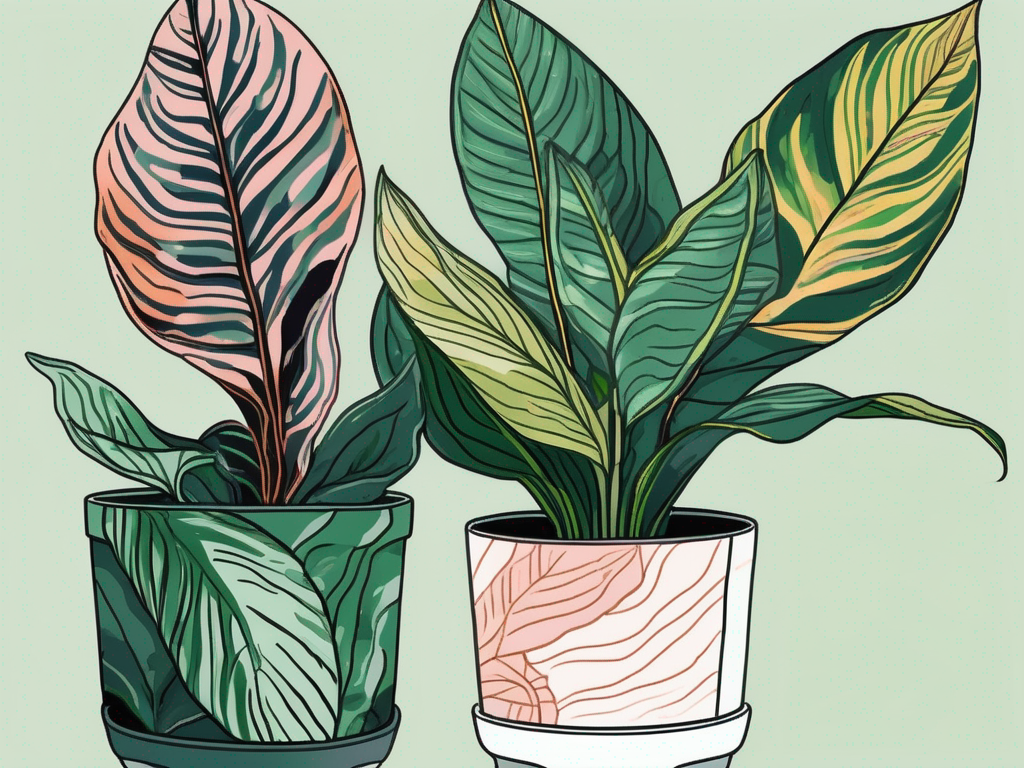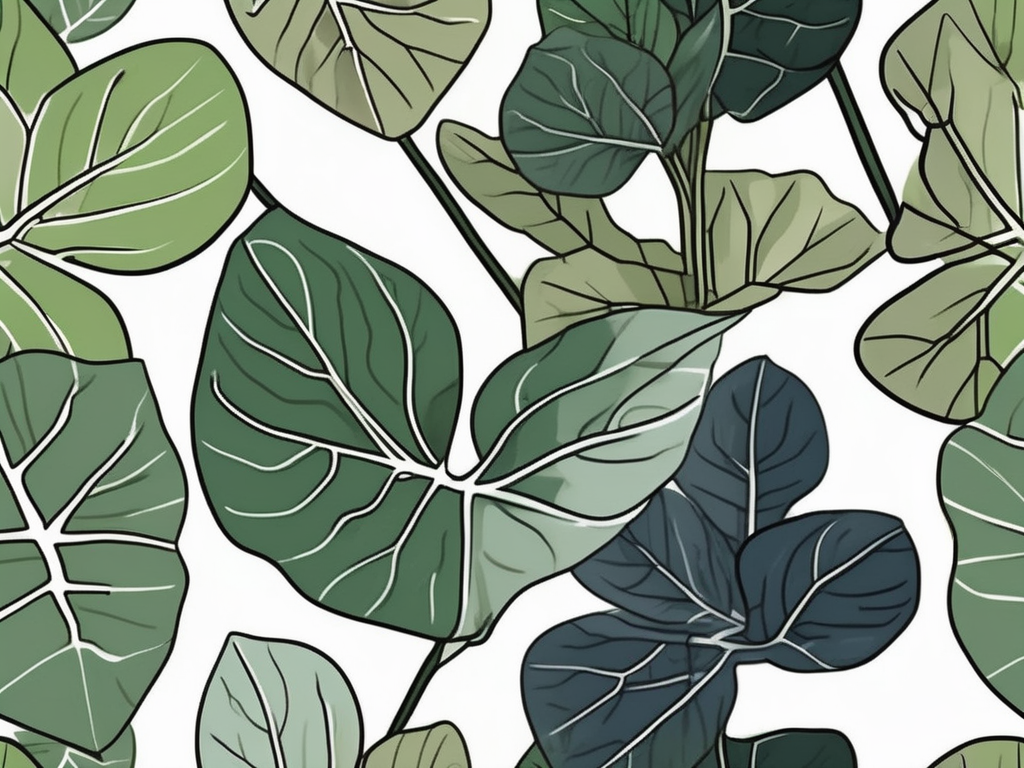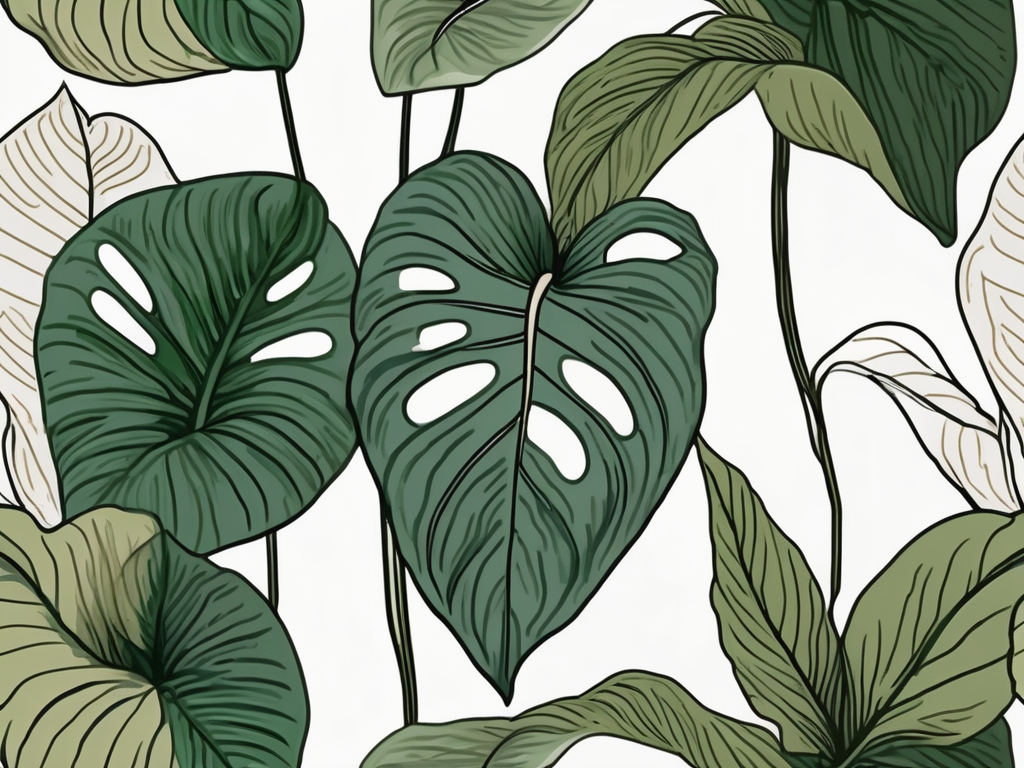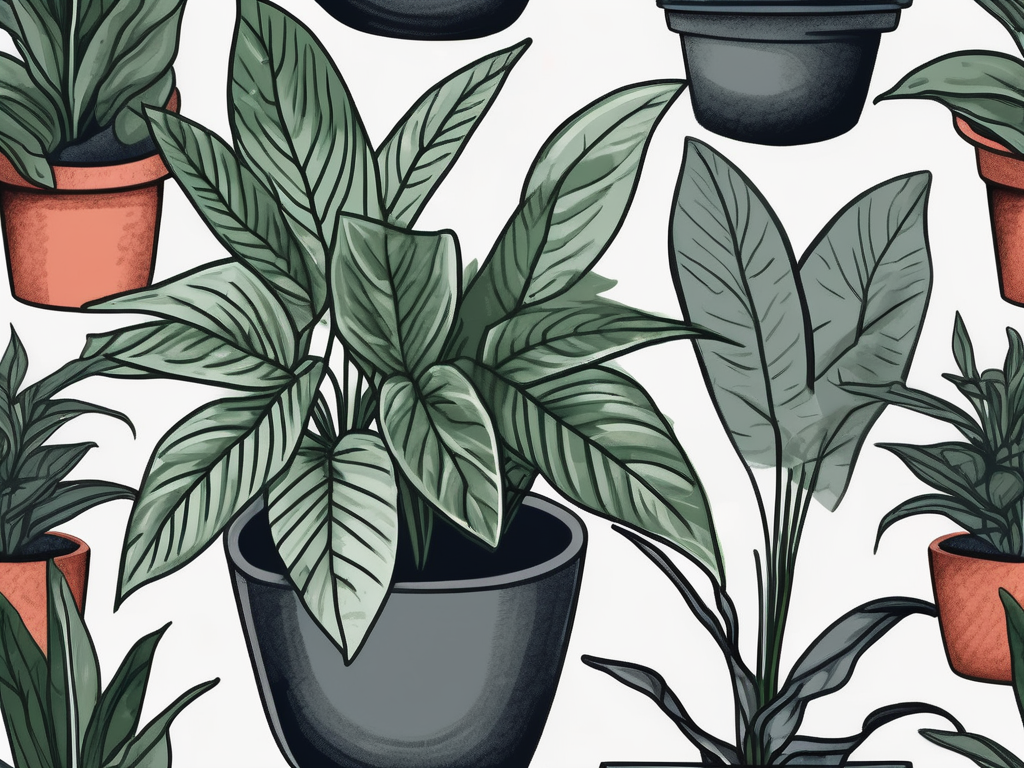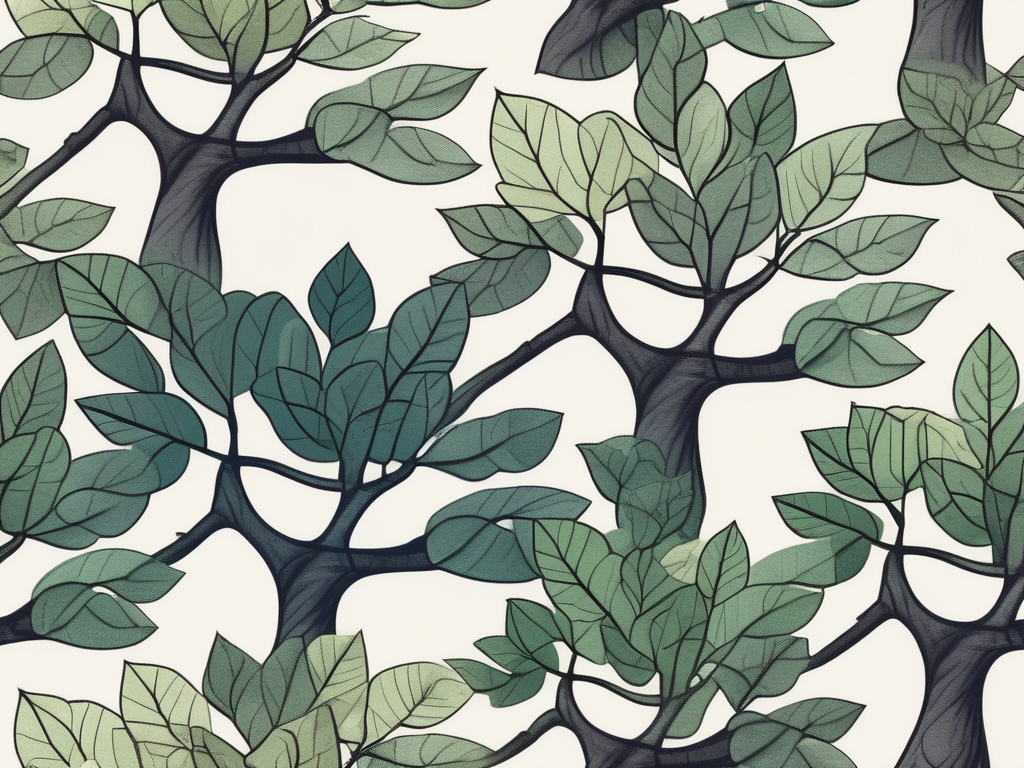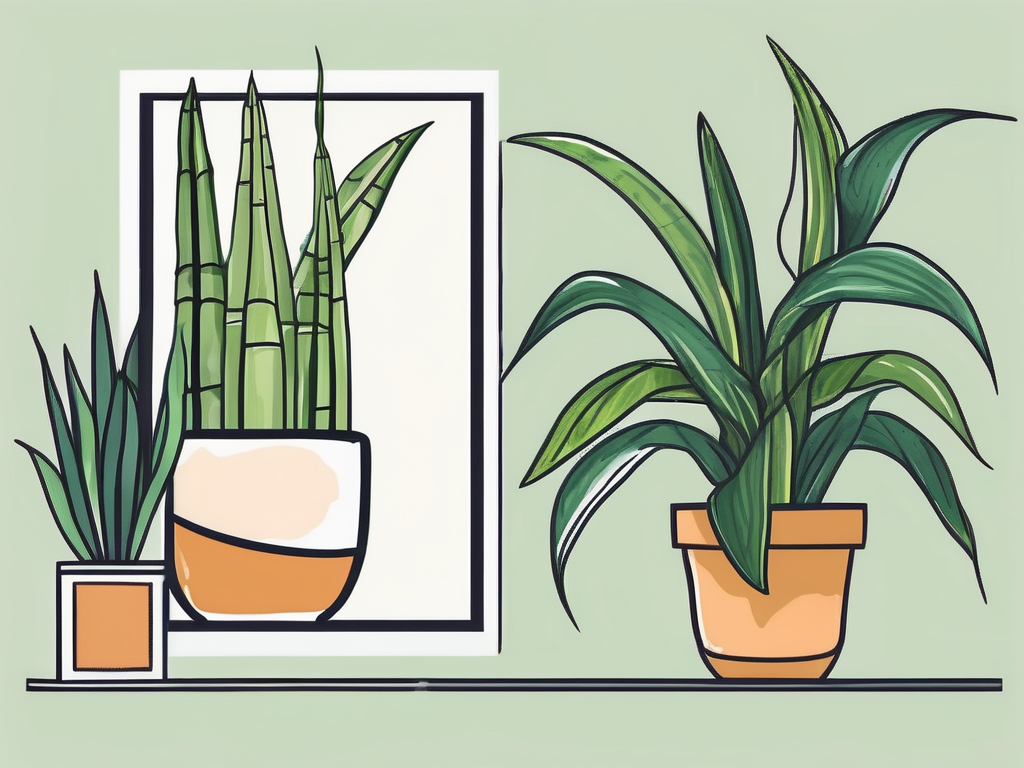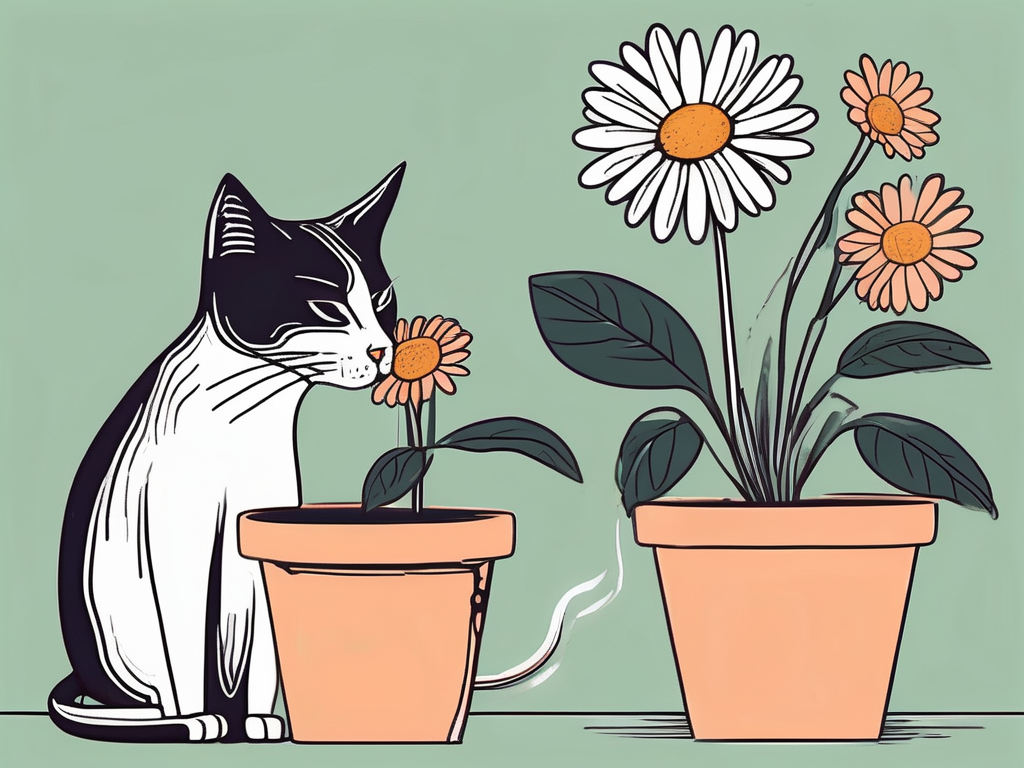
Barberton Daisies, also known as Gerbera Daisies, are popular for their bright, cheerful flowers that add a splash of color to any room. But if you're a cat owner, you might be wondering if these beautiful blooms are safe for your furry friend. Let's take a closer look at whether Barberton Daisies pose any threat to our feline companions.
In this article, we'll explore the potential risks Barberton Daisies might have for cats, the symptoms of plant poisoning, and how to keep your curious kitty safe. We'll also touch on some safe alternatives for pet owners who love plants as much as they love their pets. Plus, we'll share some tips on how to integrate plants into your home decor without compromising your cat's safety.
Are Barberton Daisies Toxic to Cats?
Good news for cat lovers! Barberton Daisies are not toxic to cats. According to the American Society for the Prevention of Cruelty to Animals (ASPCA), these plants are considered non-toxic to both cats and dogs. This means that if your cat takes a nibble out of a Gerbera Daisy, they should be safe from any harmful effects.
However, just because a plant isn't toxic doesn't mean it's entirely risk-free. Cats that chew on non-toxic plants might still experience some mild symptoms. For instance, they could have a bit of an upset stomach or vomit after ingesting plant material. This is often due to the fibrous nature of the leaves rather than any toxic component. So, while Barberton Daisies are safe in terms of toxicity, it's always a good idea to monitor your cat if they show an interest in your plants.
It's also worth mentioning that plant safety can sometimes hinge on individual sensitivities. Just like humans, some cats might have unique reactions to certain plants. If you notice any unusual behavior in your pet after they've interacted with a Gerbera Daisy, it's best to consult your veterinarian for peace of mind.
Understanding Plant Toxicity and Cats
When considering plants for your home, it's crucial to understand what makes a plant toxic to cats. Plant toxicity can range from mild irritation to severe reactions that require immediate veterinary care. Toxic components vary from plant to plant, affecting different parts of the body:
- Gastrointestinal: Some plants can cause vomiting, diarrhea, or a loss of appetite.
- Neurological: Others might affect the nervous system, leading to symptoms like seizures or disorientation.
- Respiratory: Certain plants can irritate the respiratory tract, causing difficulty breathing.
- Dermal: Contact with some plants might result in skin irritation or rashes.
While it's reassuring that Barberton Daisies don't fall into any of these categories, it's always a good idea to keep an eye on your cat's behavior around plants. Cats are naturally curious, and their exploration can sometimes lead them to munch on things they shouldn't.
Symptoms of Plant Poisoning in Cats
Even though Barberton Daisies are safe, knowing the symptoms of plant poisoning can help you act quickly if your cat ever encounters a toxic plant. Here are some common signs to watch for:
- Gastrointestinal distress: Vomiting, diarrhea, or excessive drooling.
- Respiratory issues: Coughing, wheezing, or difficulty breathing.
- Neurological symptoms: Seizures, tremors, or disorientation.
- Skin irritation: Redness, swelling, or itching.
- Lethargy: Unusual tiredness or reluctance to move.
If you notice any of these symptoms and suspect your cat has ingested a toxic plant, contact your veterinarian immediately. Be ready to provide information about the plant and how much your cat might have consumed. Quick action can make a significant difference in your pet's recovery.
Creating a Cat-Friendly Plant Environment
As a plant lover and a cat parent, you can create a home that's safe for both your plants and your pet. Consider these tips to ensure harmony between your greenery and your furry friend:
- Research before you buy: Always check the toxicity of new plants before bringing them home. The ASPCA's online database is a great resource for this.
- Place plants strategically: Position your plants out of reach of curious paws. Hanging planters or high shelves can keep plants away from your cat's mouth.
- Use deterrents: Some cats dislike the smell of citrus or vinegar. Spraying a diluted solution around plants can deter them from nibbling.
- Provide alternatives: Give your cat safe plants to chew on, like cat grass or catnip. This can satisfy their curiosity and reduce the chance of them munching on your houseplants.
By taking these precautions, you can enjoy a lush indoor garden without worrying about your cat's safety.
Safe Plant Alternatives for Cat Owners
If you're looking to expand your indoor plant collection but want to ensure everything is cat-friendly, consider these non-toxic options:
- Spider Plant: Known for its air-purifying qualities and easy care, the spider plant is safe for cats and looks great hanging or in a pot.
- Bamboo Palm: Adds a tropical vibe to any room and is non-toxic to cats.
- Boston Fern: This lush plant is safe for pets and thrives in humid environments, making it perfect for bathrooms.
- Areca Palm: Another pet-friendly palm that can grow large enough to make a statement in any room.
- Calathea: Known for its vibrant, patterned leaves, Calathea is safe for cats and adds a pop of color to your space.
With these options, you can create a beautiful, pet-safe indoor garden that both you and your cat will love.
Integrating Plants into Your Home Decor
Plants are a fantastic way to bring life and color into your home, but they can also be a source of stress if you have a mischievous cat. Here are some creative ways to incorporate plants into your decor while keeping your cat safe:
- Wall-mounted planters: These keep plants off the ground and add a vertical element to your decor.
- Terrariums: Enclosed glass containers protect plants from curious cats and create a unique focal point.
- Plant stands: Elevate your plants on stands to keep them out of reach and add height variation to your display.
- Hanging baskets: Suspend plants from the ceiling to create a cascading effect and keep them away from your cat.
These solutions allow you to enjoy the beauty of plants without sacrificing your cat's safety or your home's aesthetic.
Managing Your Cat's Curiosity
Cats are naturally inquisitive creatures, and their curiosity can sometimes lead to trouble. To manage your cat's interest in plants, try these strategies:
- Provide stimulation: Offer toys, scratching posts, and climbing structures to keep your cat entertained and less likely to explore your plants.
- Create a designated play area: Dedicate a space in your home where your cat can play and explore safely, reducing their interest in other areas.
- Rotate toys: Keeping toys fresh by rotating them periodically can maintain your cat's interest and distract them from your plants.
- Interactive play: Spend time playing with your cat using interactive toys like feather wands or laser pointers to burn off energy and satisfy their hunting instincts.
By keeping your cat engaged and entertained, you can reduce their interest in your plants and create a happier, more harmonious home.
Protecting Your Plants from Cats
While we want to protect our cats from potentially harmful plants, sometimes it's the plants that need protection from our cats. Here are some tips to keep your plants safe from feline antics:
- Use decorative stones: Place stones on top of the soil to discourage digging and prevent your cat from uprooting plants.
- Choose sturdy pots: Cats can easily knock over lightweight pots. Opt for heavier containers that are less likely to tip.
- Apply deterrents: Use non-toxic sprays or citrus peels around plants to deter cats from chewing or digging.
- Prune plants regularly: Keeping your plants trimmed and tidy can reduce their appeal to cats, making them less likely to play with or chew on them.
With these tactics, you can enjoy a thriving indoor garden without worrying about your plants falling victim to your cat's curiosity.
Final Thoughts
In summary, Barberton Daisies are a safe choice for cat owners, as they are non-toxic to our feline friends. While it’s always important to monitor your pet around plants, these cheerful flowers can be enjoyed without worry. By understanding plant toxicity, recognizing symptoms of poisoning, and creating a cat-friendly environment, you can safely integrate plants into your home.
At Cafe Planta, we're passionate about helping you cultivate a beautiful, thriving indoor garden. Whether you're seeking advice or new additions to your plant collection, we're here for you. If you have any questions about plant care, feel free to email us or send a message via Instagram. Let's grow together!

